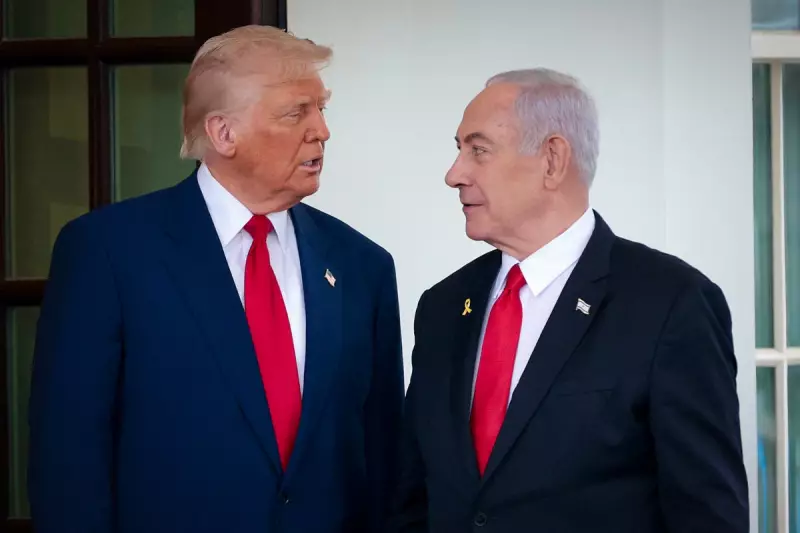
Former US President Donald Trump has publicly endorsed Israeli Prime Minister Benjamin Netanyahu as delicate ceasefire negotiations in Gaza continue, raising questions about the timing and intent behind this unexpected show of solidarity.
A Controversial Endorsement
Trump's remarks came during a private donor event where he praised Netanyahu's leadership while simultaneously criticising current US President Joe Biden's handling of Israel policy. "He's been a great leader," Trump said of Netanyahu, despite their famously turbulent relationship during Trump's presidency.
Timing Raises Eyebrows
The endorsement emerges as Netanyahu faces mounting pressure both internationally and domestically over Israel's military campaign in Gaza. With ceasefire talks at a critical juncture, political analysts suggest Trump's intervention could be seen as either:
- A genuine show of support during challenging times
- A calculated move to influence Middle East policy debates
- An attempt to position himself favourably with pro-Israel voters ahead of elections
The Complicated Trump-Netanyahu Dynamic
Observers note the irony in Trump's praise, given their relationship soured after Netanyahu congratulated Biden on his 2020 election victory. The former president had previously described feeling "betrayed" by the Israeli leader's actions.
Meanwhile, the Biden administration continues its diplomatic efforts to broker a sustainable ceasefire agreement between Israel and Hamas, with Secretary of State Antony Blinken making multiple trips to the region.
Political Repercussions
Trump's comments are likely to:
- Reignite debates about US-Israel relations
- Influence domestic political narratives ahead of the US election
- Potentially complicate ongoing negotiations by appearing to offer Netanyahu alternative support
As the situation develops, all eyes remain on whether this endorsement will translate into tangible political support or remain rhetorical positioning in the complex landscape of Middle East diplomacy.





